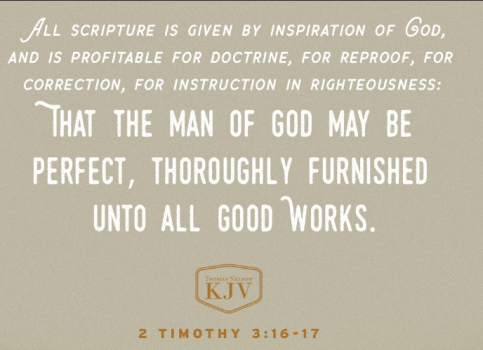Matthew 27:9 mistakenly attributes the story of the purchase of the potters’ field to Jeremiah rather than Zechariah. All of the extant manuscripts of his gospel reference Jeremiah (amazingly, no writing of a single copyist who bothered to correct Matthew seems to have survived). “This passage is not found in Jeremiah at all but in Zechariah,” notes Jerome. Philip Schaff: NPNF2-06. Jerome: The Principal Works of St. Jerome - Christian Classics Ethereal Library
I've heard some bizarre efforts to explain this away, some of them incredibly stupid. (My favorite: the Book of Jeremiah was the first book of the Prophets in the Hebrew Bible, and Matthew was referring to the whole set of Prophets by the title of the first book. I kid you not!)
Maybe Matthew was just having a senior moment when penning 27:9, thought he knew which OT writing contained the story, and got it wrong. Or maybe he was genuinely unsure and decided to take a wild-ass guess because he was too tired to hoof it down to the Temple and check the scrolls. Regardless, can we agree that God didn’t put those words in his pen? How does this error play into the inerrancy theory held by some Christians?
I've heard some bizarre efforts to explain this away, some of them incredibly stupid. (My favorite: the Book of Jeremiah was the first book of the Prophets in the Hebrew Bible, and Matthew was referring to the whole set of Prophets by the title of the first book. I kid you not!)
Maybe Matthew was just having a senior moment when penning 27:9, thought he knew which OT writing contained the story, and got it wrong. Or maybe he was genuinely unsure and decided to take a wild-ass guess because he was too tired to hoof it down to the Temple and check the scrolls. Regardless, can we agree that God didn’t put those words in his pen? How does this error play into the inerrancy theory held by some Christians?


